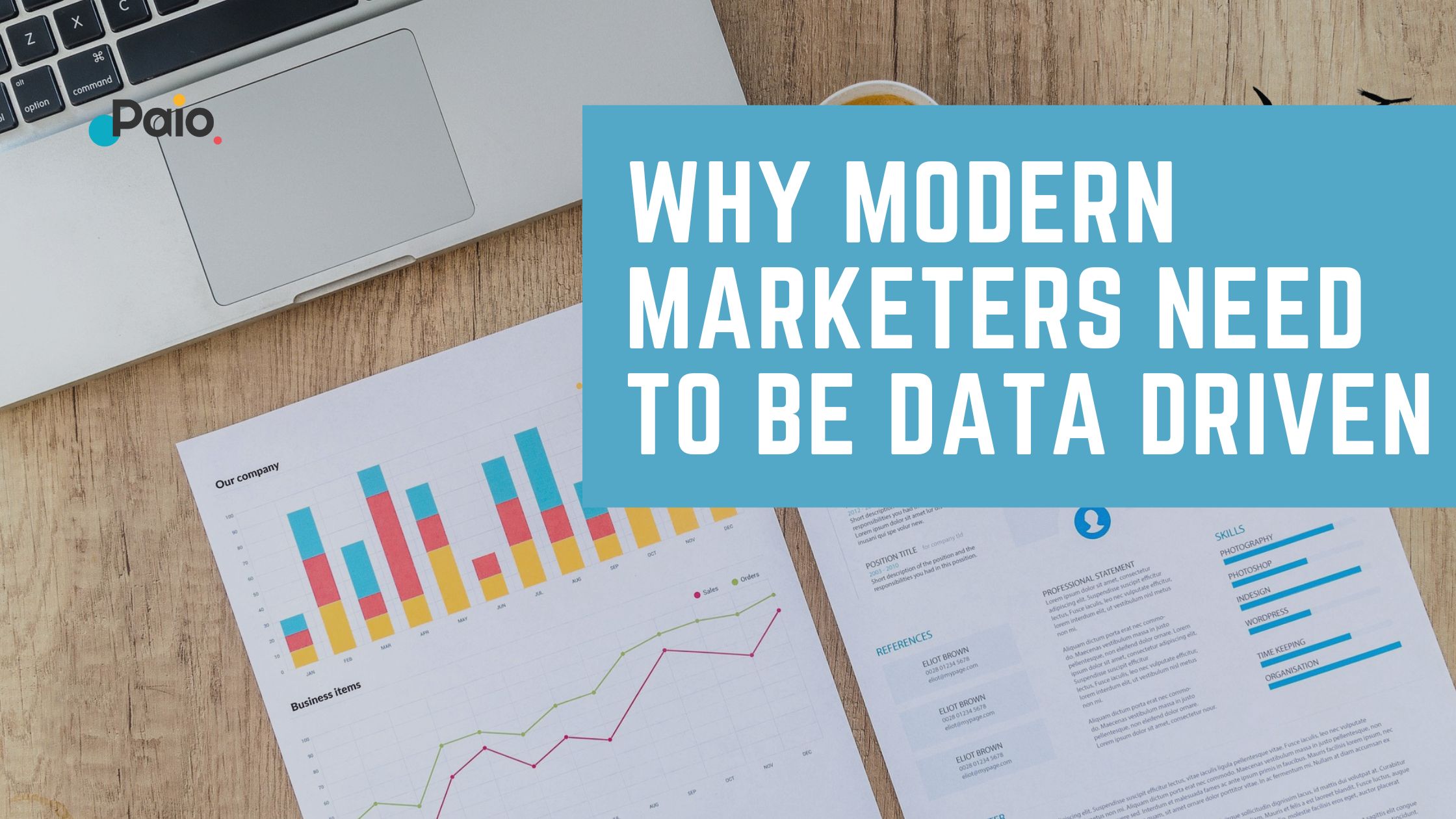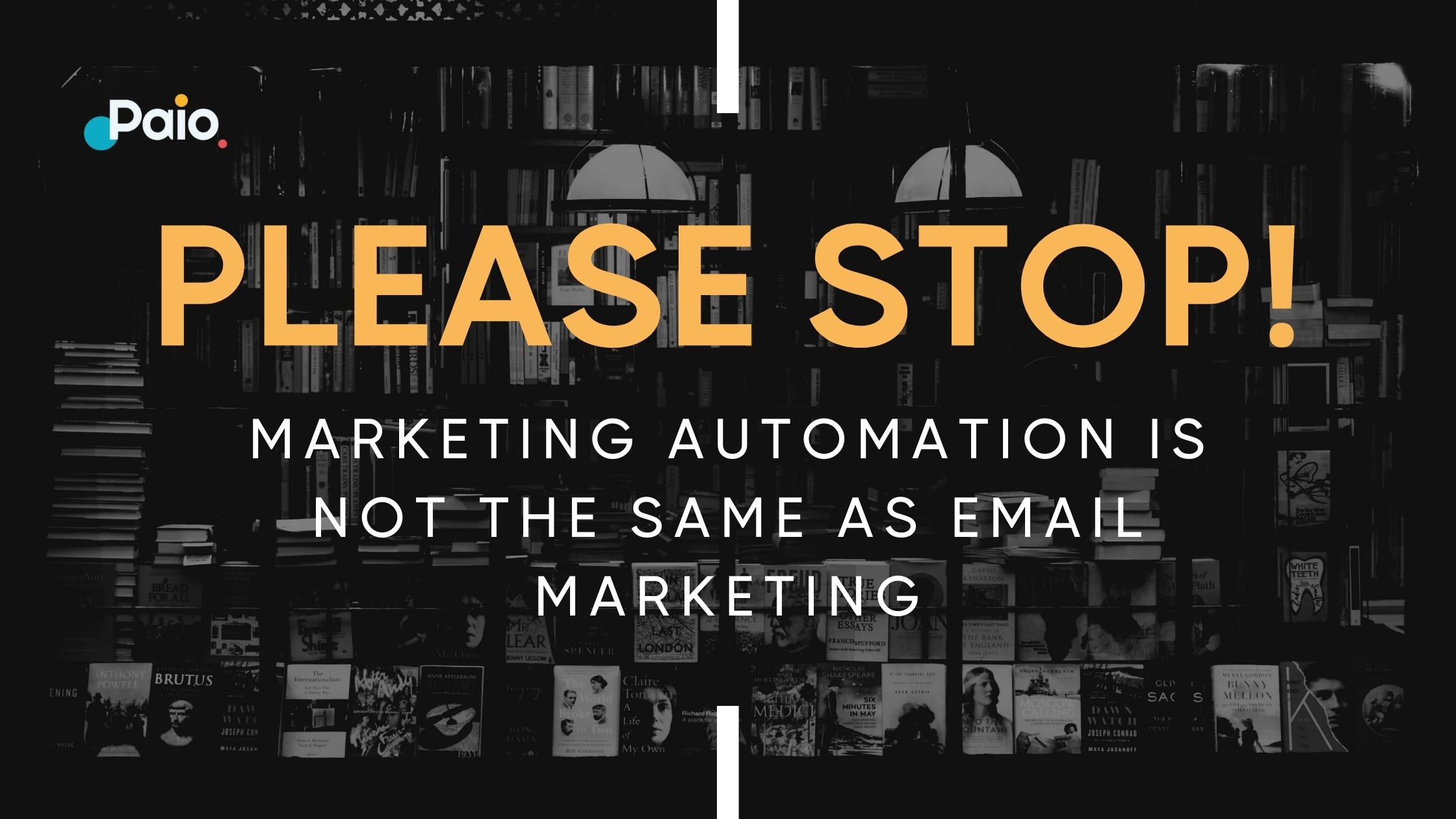According to a report by the economist, data became the most valuable asset ahead of oil in 2017. It is no surprise that the most valuable companies in the world today rely on huge chunks of data to make almost every decision. If you are a marketer in 2022 and are not using data to determine how your marketing campaigns should be run, you are missing out on many opportunities.
Studies also indicate that an average person generates over 1.7MB of data every second. So, it is the role of companies and marketers to look for this data and use it to create more effective marketing campaigns.
If you want to know how data will impact your marketing efforts, this article is for you. We shall discuss why marketers need to be data-driven and how best to implement data-driven strategies.
Benefits of being a data-driven marketer
- Segmentation
This refers to the process of categorizing your contacts using parameters like their location, employers, gender, age, and many more. Marketers can use data to constantly improve the precision of their contact segments. Market segmentation makes it much easier to create marketing campaigns customized to each segment.
The more data you have about your customers, the more precise your segments will get. At the end of the day, this boosts your conversions and Return on Investment on every dollar you spend on marketing.
- Personalization
Data will also enable you to create a personalized marketing experience for all your customers. For instance, while running email marketing campaigns, you can always personalize the content in the mail based on the data you have about the customer. Generalized emails no longer have space in 2022.
Your email open rate and click-through rate will likely be higher if your emails speak to the exact person you are sending them to. The good news is that most marketing automation and email marketing applications have features that allow you to create personalized marketing campaigns. All you have to do is import all the data about your customers into the software.
- Making proper analysis
Having enough data about customers also allows you to analyze the different situations appropriately. It is much easier to make sense of a situation when you know what happened previously when you faced a similar problem in the past. This information can also be used to determine where to spend most of your time and budget.
- Predicting future trends
One of the things you will always have to do while planning your marketing campaigns is make assumptions of how customers will likely behave in the future. Predicting the future is more accurate if you have a lot of previous data to rely on. Marketers that have a lot of data about previous customer behavior will likely make better assumptions of future customer behavior than those with less data.
Better prediction, in the end, leads to more conversions and ROI on every dollar you spend on marketing. However, the marker needs to know how to make sense of the data at their disposal to make more accurate predictions about the future. Some of the prediction you can make include; knowing the customers who are most likely to buy based on how they engage with your brand.
You can then base on such data to give these customers more attention than those less likely to buy.
- Lead management
Managing leads involves activities like lead nurturing, lead scoring, and many more. The quality of output for any of the activities involved in lead management largely depends on the size and quality of customer data you have at your disposal. For instance, you will give better lead scores if you have enough data about previous customer behavior.
Implementing the data-driven strategies
As we have just discussed above, using data to drive your marketing has many benefits that every marketer needs to take advantage of. Now that we know these benefits, let’s look at how you can implement a successful data-driven implementations strategy.
- Have clear goals: You need to start by defining what a successful marketing campaign looks like according to your company. Use this information to set goals for each campaign you intend to run.
- Create a single customer view: This will help you get a clear idea of how each of your customers interacts with your different marketing channels. With this information, it is much easier to know the channels that most of your customers come from.
- Use updated data: Data is very dynamic, so you will need to constantly update your customer database to ensure it has the latest and most accurate information about your customers. For instance, customers frequently change employers, job positions, location, etc. Constantly updating this information will significantly improve the ROI of your marketing campaigns.
- Create a marketing automation workflow for your campaigns: No matter how much data you have about your customers, the way you utilize it will create the difference. You can utilize any of the many marketing automation tools out there to create an effective marketing automation workflow for your campaigns.
Bottom line
Data is a valuable product that marketers need to take advantage of while running different marketing campaigns. With enough data, you will create better market segments and personalized content for your Ads. Data also makes it much easier to predict customers behavior, which is essential during lead scoring.


.jpg?width=70&name=11822273_869376790464_4398309784822550341_n%20(1).jpg)

